Llama 2 gained more popularity after the explosion of ChatGPT in late 2022. This is also the LLM behind the virtual assistants and integrations on VR headsets that Mark Zuckerberg launched at the company's annual Connect conference last month.
“Puzzle” for Wall Street
Although creating excitement for the technology world, Llama is a difficult problem for Wall Street investors, as it is difficult to value and causes a certain confusion.
With infrastructure and AI training costs currently high, Meta has spent a “ton of money” developing the first version of Llama, before updating to Llama 2 in July.
Thus, by making this LLM open source, Meta is giving away their research results for free to developers, an approach that differs significantly from the traditional software licensing and subscription model.
This is not unlike how Facebook used its digital marketing business to become an internet giant.
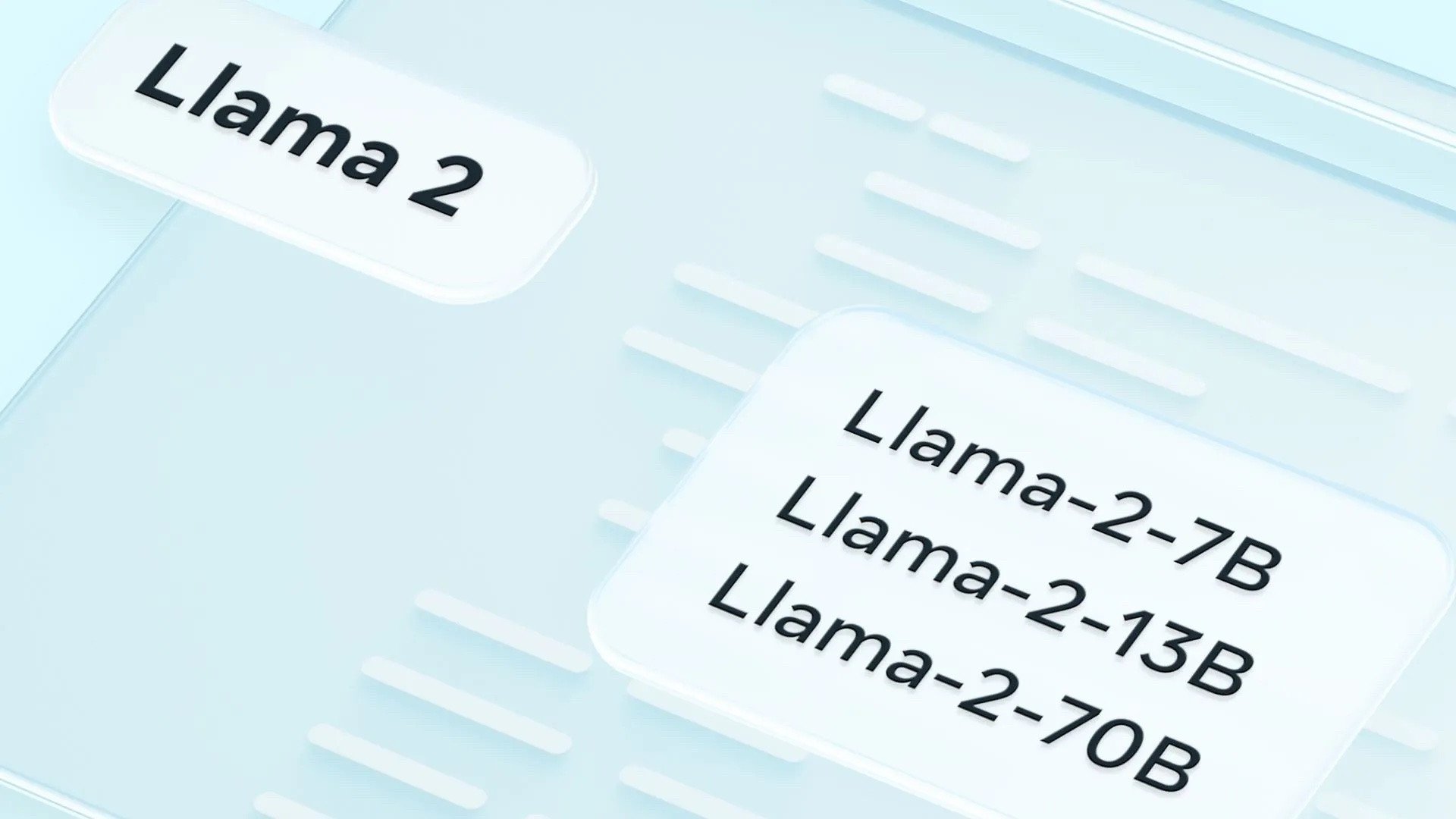
When announcing Llama 2, Meta said the new version would have a commercial license that would allow companies to integrate it into their products and services. Zuckerberg insisted that he was not focused on making money directly from Llama 2, but Meta has already received an undisclosed amount of money from cloud companies like Microsoft and Amazon.
The Metaverse, as the company is called, will remain a key focus of the social media giant’s development in the coming time. However, the explosive rise of generative AI has made Zuckerberg unable to sit still. Meta positions Llama and the ecosystem surrounding this LLM as an open-source alternative to GPT (OpenAI’s ChatGPT) or PaLM 2 (Google’s Bard AI).
Experts say Llama has a similar position in the field of generative AI as Linux, the open-source rival to Microsoft Windows, in the computer operating system market.
Linux plays a vital role in the modern Internet world and has penetrated and become a vital part of enterprise servers around the world. And this is probably also the goal of Meta with the development of Llama as a potential digital platform to support the next AI application.
Give to receive
In July, Zuckerberg said that improvements made to Llama by third-party developers could “increase efficiency,” making it cheaper for Meta to run its AI software.
Meta said it expects capital spending for 2023 to be between $27 billion and $30 billion, down from $32 billion last year.
That number is likely to increase by 2024, partly due to investments related to data centers and AI, said CFO Susan Li.

The company is betting that third-party developers will regularly update Llama 2 and its associated AI software to make it run more efficiently, a way of handing over research and development to an army of volunteers.
Not only that, the widespread use of LLM also brings positive influence. For example, when the world's leading AI researchers use Llama, Meta will have easy access to recruiting skilled engineers.
This has been done before with Facebook, which has a history of using open source projects, such as the PyTorch coding framework for machine learning applications, as a tool to attract tech talent to join the company.
Alongside cloud computing tools like Microsoft Azure and Amazon Web Services, Hugging Face is one of the key partners Meta chose for Llama 2.
This allows developers, AI researchers, and thousands of companies using Hugging Face's platform to share code, datasets, and models, making it one of the largest communities in the industry.
Meta isn’t giving away its research for free, though. The company requires third-party developers to get approval to use Llama 2 if they integrate it into any product or service with “more than 700 million monthly active users.” This move is believed to be aimed at keeping direct competitors like Snap and TikTok at bay.
According to a recent TC Cowen survey of 680 companies in the cloud computing sector, businesses investing in AI prefer to use commercially available LLMs.
The survey found that 32% of respondents used or planned to use commercially packaged LLMs like OpenAI's GPT-4 software, while 28% focused on open-source LLMs like Llama and Falcon. Only 12% of respondents planned to use LLMs internally.
(According to Bloomberg, CNBC)
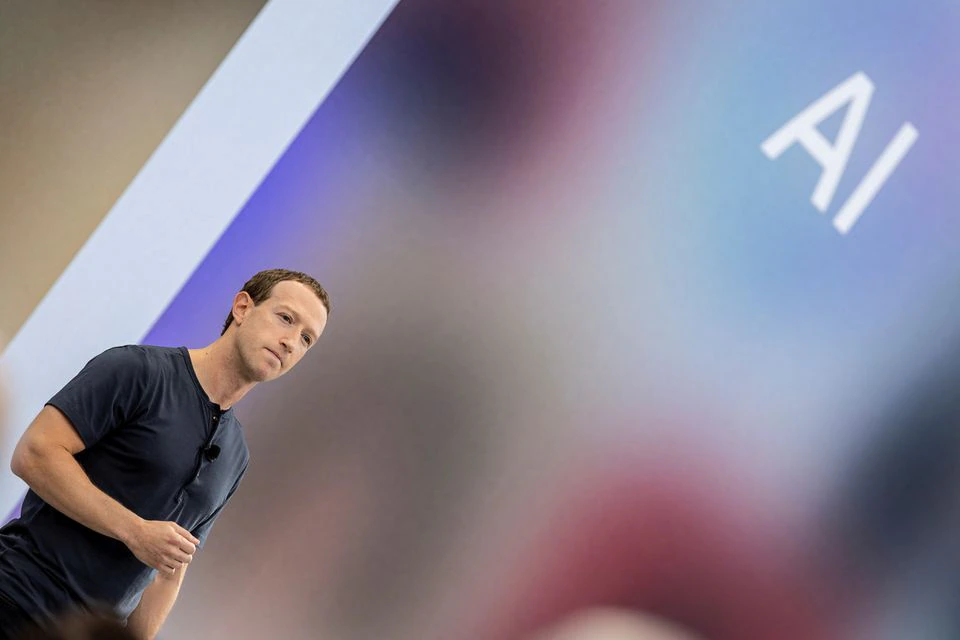
Meta uses Facebook and Instagram user data to train AI chatbots
Meta said it uses users' public Facebook and Instagram posts to train new artificial intelligence (AI) virtual assistants, but excludes content shared only with family and friends.
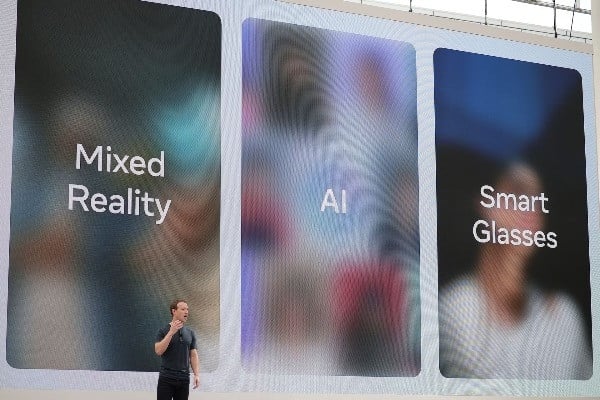
Meta 'bets' on AI to make leap into virtual metaverse
Meta launches AI-powered products for consumers, including image-generating chatbots, question-answering smart glasses, and upgraded virtual reality (VR) headsets.
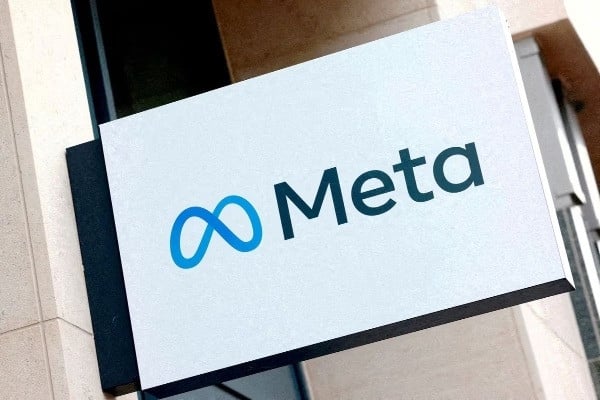
Meta Platforms develops AI system many times stronger than Llama 2
Meta Platforms is working on a new artificial intelligence (AI) system that is at least as powerful as the most powerful version offered by OpenAI.
Source








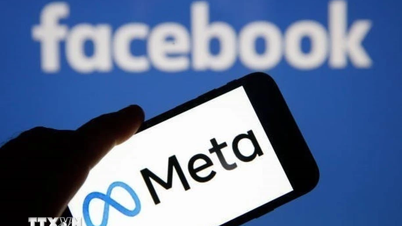

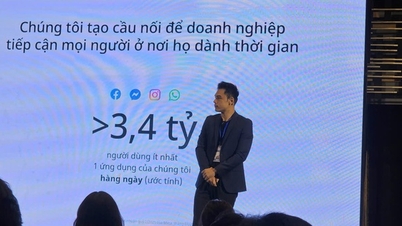




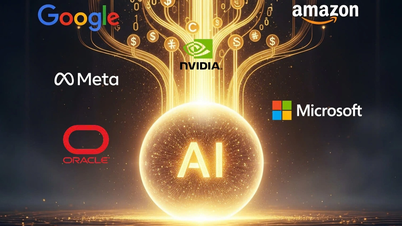





















































































Comment (0)